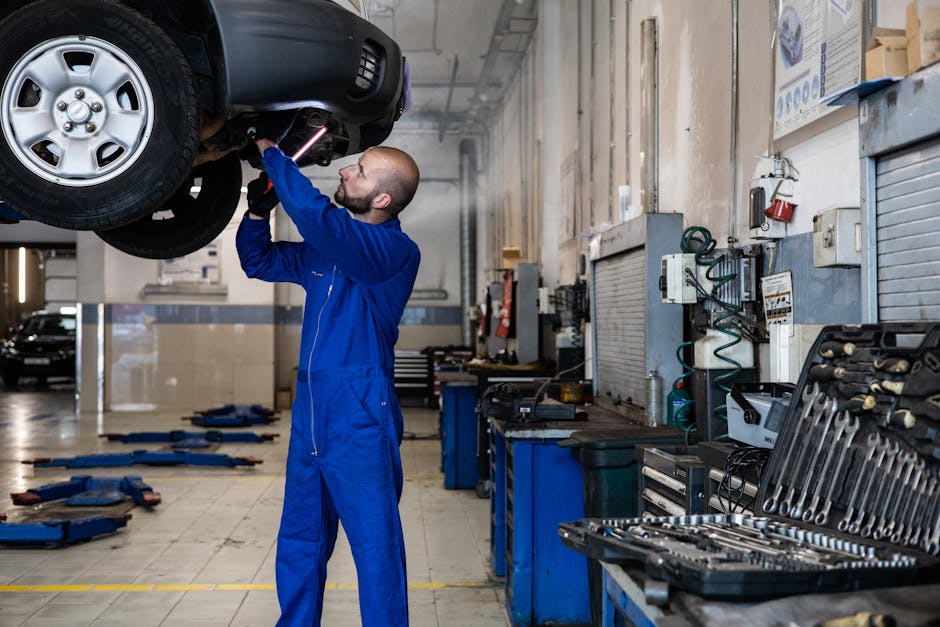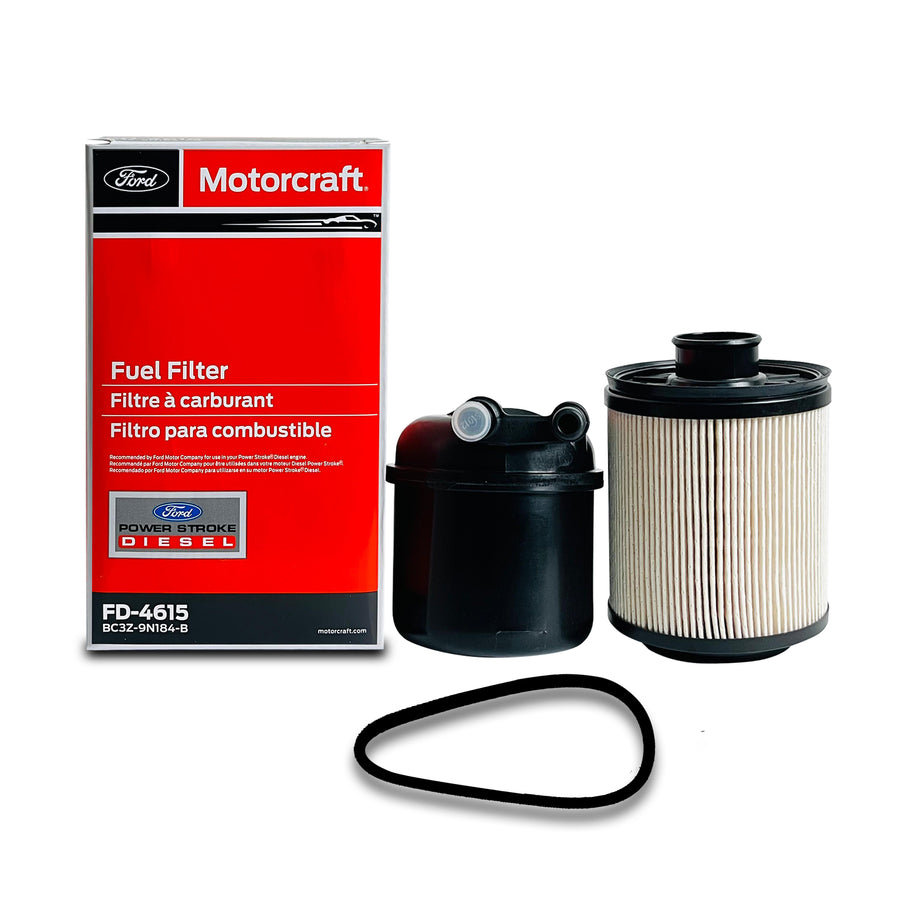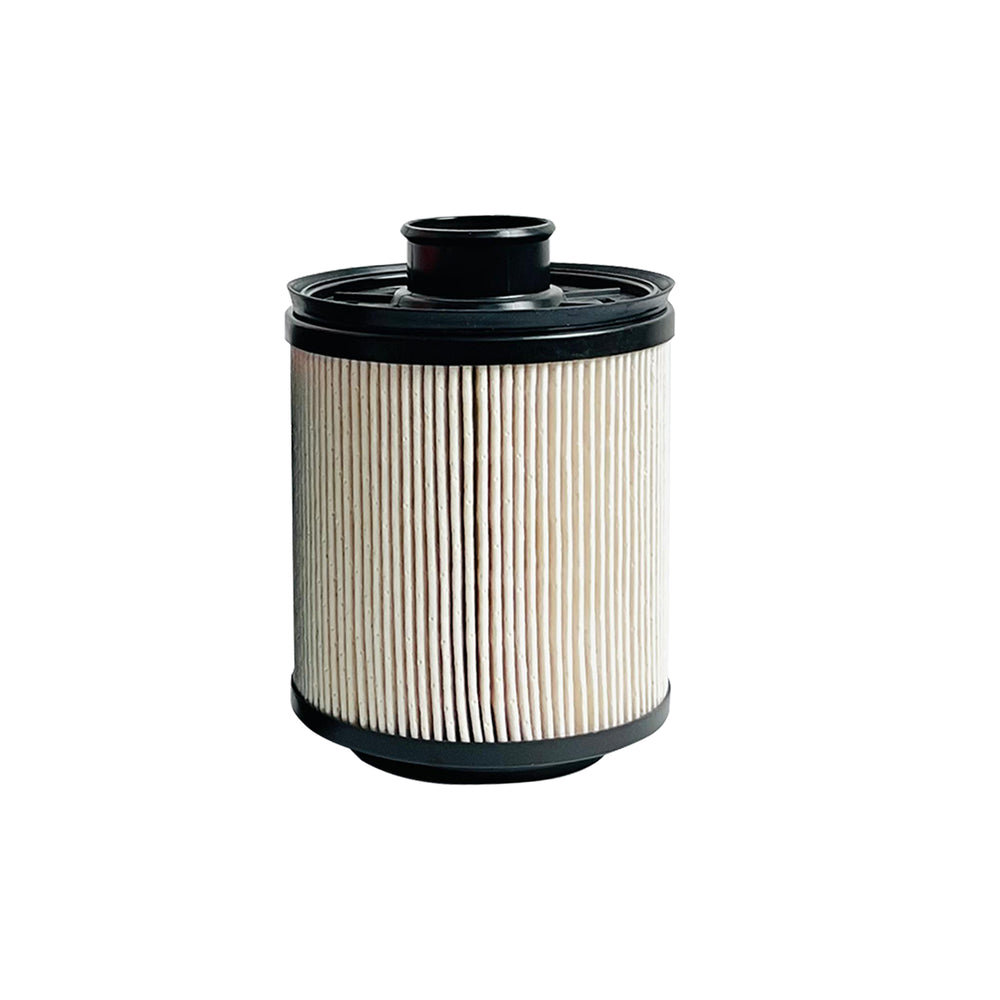Why Engine Air Filters are Crucial for Your Car’s Performance and Efficiency
Introduction to Engine Air Filters
Your car breathes, just like you. Its lungs? The engine air filter. This bit of kit is your car’s first line of defense against the onslaught of contaminants it faces every time you take it out for a spin. Dust, pollen, leaves, even bits of tire from the road can choke your engine, making it work harder than it needs to. That’s where the engine air filter steps in. It traps these particles, ensuring only clean air mixes with fuel to power your ride efficiently. Neglecting this vital component can lead to poor performance, increased fuel consumption, and a sooner-than-desired visit to the mechanic. Simply put, a clean engine air filter is key to keeping your car running smoothly and saving money on fuel. It’s not just an accessory; it’s a necessity.
The Role of Engine Air Filters in Car Performance
Think of your car’s engine like a runner. To perform its best, it needs clean air. The engine air filter is the unsung hero making sure your car breathes clean. It traps dirt, dust, and debris from getting into the engine. Without a clean filter, your engine struggles. This means worse gas mileage and decreased power. A clogged filter is like a runner breathing through a straw. It’s that important. A clean air filter keeps your engine running smoothly, boosts fuel efficiency, and helps your car’s overall performance. So, when your car feels sluggish or you notice it guzzling more gas, check the air filter. It might just need a clean break to get back on pace.
How Engine Air Filters Affect Fuel Efficiency
Engine air filters are like the lungs of your car. When clean, they allow your car to breathe easy, mix air with fuel properly, and give you a smoother ride. When dirty, they make your car work harder, using up more fuel for the same distance. It’s simple - clean air filters help improve fuel efficiency. Here’s why: when air filters block dirt and debris from entering the engine, the mix of air and fuel stays optimal. This optimal mix makes sure your engine runs efficiently, burning less fuel to get you moving. In stark comparison, a clogged filter messes with this balance, causing your engine to gulp down more fuel to make up for the lack of air. It’s like trying to run with a blocked nose! Regularly checking and replacing your engine air filters is a small step that can keep your fuel costs down and your car running smoothly.
The Consequences of Neglecting Your Engine Air Filter
Ignoring your engine air filter spells trouble for your car. Think of the engine air filter as your car’s lungs. When it’s clogged, your car struggles to breathe and perform. Here’s the deal: a dirty air filter reduces fuel efficiency because your engine has to work harder. This means you’ll be visiting the gas station more often than you’d like. Also, a clogged filter can cause a range of engine problems, from minor annoyances like a decrease in power to severe damage requiring costly repairs. For the sake of your car and your wallet, keeping that air filter clean is a smart move. It’s the kind of small maintenance that pays off big in the long run.
Types of Engine Air Filters: Which One is Right for Your Car?
When it comes to keeping your car running smoothly, engine air filters play a key role. They stop dust, dirt, and other pollutants from getting into your engine. Over time, a dirty air filter can lower your gas mileage, mess with your emissions, and even hurt your engine. So, picking the right kind of air filter is something you can’t overlook. Mainly, there are two types: paper filters and cotton filters.
Paper filters are the most common. They’re affordable and do a decent job at filtering out the bad stuff. Most cars come with these straight from the factory. They need to be replaced every 12,000 to 15,000 miles, but the exact time can vary based on how and where you drive.
Cotton filters, on the other hand, are more about performance. They let more air flow to your engine, which can slightly boost power and efficiency. Plus, they’re reusable. You just need to clean and re-oil them every so often. They’re pricier upfront, but since you’re not throwing them out, they can be more cost-effective in the long run.
The choice between paper and cotton depends on what you value more: the initial savings and convenience of paper filters, or the performance boost and potential long-term savings of cotton filters. No matter what, ensuring you have a clean, proper filter is a simple yet effective way to keep your car running its best.
Signs That Your Engine Air Filter Needs Replacing
When your car’s engine air filter clogs, it’s like trying to breathe through a straw. The signs it’s time for a change aren’t always loud but worth your attention. If your car is slower to take off or the gas pedal feels spongy, it’s a nudge from your car saying, “Hey, check the air filter!” Another telltale sign is a dip in fuel efficiency. If you find yourself visiting the gas station more often, your engine might be working harder than it should, gulping down fuel because it’s not getting enough air. Also, if the engine sounds rough or idles unevenly, it’s likely struggling for air. An easy check? Pop the hood and take a look at the filter. If it’s darker than a cup of black coffee, it’s time for a new one. Plus, if you sense a musty smell inside the car, that old filter might be the culprit. Keeping tabs on your air filter’s health is a simple way to ensure your car runs smoothly and efficiently, saving you from bigger, costlier problems down the road.
Step-By-Step Guide to Checking Your Engine Air Filter
To ensure your car remains a reliable companion on the road, keeping an eye on the engine air filter is a must. Think of it as your car’s lungs, filtering out the bad so only the good gets through. Let’s break down how to check this crucial component:
- Find Your Filter: Pop the hood and locate your air filter. It’s usually housed in a black box with metal clips on the side. If you’re unsure, your car’s manual is your friend here.
- Open the Housing: Unclip or unscrew the box. Do it gently; these parts weren’t built for rough handling.
- Inspect the Filter: Pull the filter out. What you’re looking for is pretty straightforward - dirt, dust, and debris. A clean filter will be white or off-white. If it’s dark, it’s time for a new one.
- Decision Time: If it looks like it’s seen better days, replace it. Filters don’t cost much, but they mean a lot for your car’s health and your wallet in terms of fuel efficiency.
- Put It Back: If your filter’s still got life, just slide it back in the way it came out and secure the housing.
Remember, your engine air filter should be checked every 12,000 to 15,000 miles, more often in dusty conditions. Keeping your filter clean ensures your car breathes easy, maintains performance, and keeps efficiency up. Simple, right? Stay on top of this, and your car will thank you with smooth rides and less visit to the fuel station.
How to Change Your Engine Air Filter: DIY Tips
Changing your engine air filter is a simple task you can do at home, saving you money and improving your car’s performance. Here’s how to do it in a few quick steps. First, make sure your car is off and cool. Locate the air filter housing under the hood; it’s usually a black, plastic box with metal clips on the sides. Pop open these clips to expose the old air filter. Take a look at it - if it’s dirty, full of debris, or looks clogged, it’s time for a change. Grab your new air filter, making sure it matches the make and model of your car. Insert the new filter into the housing, ensuring it fits snugly without any gaps around the edges. Close the housing and snap the clips back into place. That’s it! You’ve just boosted your car’s air intake efficiency, which can improve fuel economy and overall performance. Remember to check your air filter every 12,000 to 15,000 miles, or as recommended in your vehicle’s manual. A clean air filter is a small but critical step in maintaining your car’s health and efficiency.
Professional Maintenance vs. DIY: What’s Best for Your Engine Air Filter?
When it comes to your car’s engine air filter, keeping it in top shape is key. You’ve got two paths: professional maintenance or the DIY route. Both have their perks. Professional maintenance means experts look at your car. They know what they’re doing, can spot issues you might miss, and often can get quality parts. But, it’ll cost more. On the other hand, DIY means getting your hands dirty. It’s cheaper, and there’s a bunch of how-to guides out there. Plus, you get the satisfaction of doing it yourself. But, be careful. A mistake could mess things up more. So, what’s best? It depends on your confidence with car stuff and your budget. If you’re not too sure, maybe start with a pro and watch what they do. That way, you learn and keep your car running smoothly.
Summary: The Long-Term Benefits of Maintaining Your Engine Air Filter
Keeping your car’s engine air filter in good shape isn’t just about ticking a box during your routine car check-up; it’s a critical move for your car’s long-term health and efficiency. Think of the engine air filter as your car’s lungs. Just as you wouldn’t want your lungs filled with dust and dirt, your car needs clean air to run smoothly. When the air filter is clean, your car breathes easier, and so does your engine. This means you can save money on fuel because a well-breathing engine doesn’t have to work as hard to mix air and fuel, leading to better fuel efficiency. Over time, fuel savings can add up, giving your wallet a break. Plus, a clean air filter keeps dust and dirt from getting into the engine, preventing expensive damage. Regularly changing your engine air filter is a simple way to extend your car’s life and ensure it performs at its best. So, paying a little now for a new air filter can save you a lot down the line by avoiding bigger, costlier engine problems. It’s an investment in your car’s future that pays off.






